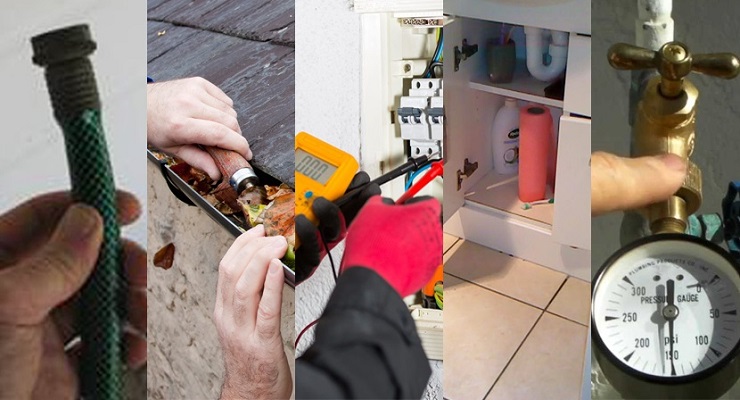According to the Centers for Disease Control and Prevention, heat waves are the most common cause of weather-related deaths in the United States. They cause more deaths each year than hurricanes, lightning, tornadoes, floods, and earthquakes combined. From 1999 to 2010, a total of 7,415 people died of heat-related deaths, an average of about 618 deaths a year.
The summer months can bring extreme heat, posing a severe threat to those who spend time outdoors. Getting too hot can cause you to become ill and can even cause death if your body can’t compensate for the heat and properly cool you off.
“Air-conditioning is the number one protective factor against heat-related illness and death. Being exposed to air conditioning for even a few hours a day will reduce the risk for heat-related illness,” said Dr. John Kim, an extensivist for CareMore Health Plan in Glendale and Pasadena, Calif.
Heat stress is a heat-related illness caused by your body’s inability to cool down properly. It ranges from milder conditions like heat rash and heat cramps, to the most common type, heat exhaustion. The most serious heat-related illness is heat stroke. Heat stroke can cause death or permanent disability if emergency treatment is not provided
The people who are at the highest risk of developing heat stress are infants and children up to four years of age, people 65 years of age and older, people who are overweight, and people who are ill or on certain medications. However, even young and healthy people can get sick from the heat if they participate in strenuous physical activities during hot weather.
Physicians at CareMore recommend the following tips for preventing heat-related death or illnesses:
• Stay in an air-conditioned area during the hottest hours of the day. If you don’t have air conditioning in your home, go to a public place such as a shopping mall or a library to stay cool. Cooling stations and senior centers are also available in many large cities for people of all ages.
• Wear light, loose-fitting clothing.
• Drink water often. Don’t wait until you are thirsty.
• Avoid unnecessary hard work or activities if you are outside or in a building without air-conditioning.
• Avoid unnecessary sun exposure. When in the sun, wear sunscreen with a minimum of SPF 15 and wear a hat, preferably with a wide brim.
Following these tips will help you stay healthy during the hottest time of year. Call your doctor immediately if you have any symptoms of heat exhaustion or heat stroke.











